Professor Reuven Kimelman
One of the founding members of the UTJ, Reuven Kimelman is a professor of classical rabbinic literature at Brandeis University, specializing in the history and meaning of Jewish liturgy.
Prior, Professor Kimelman was Joseph Shier Distinguished Professor of Jewish Studies at the University of Toronto, and Five College Professor of Judaic Studies at Amherst College.
He also has taught courses at numerous other educational institutions, including: Mt. Holyoke Smith, Trinity and Williams Colleges, as well as the Jewish Theological Seminary of America, Yeshiva University and Hebrew University in Jerusalem.
A recognized scholar of Talmud, Midrash and liturgy, Professor Kimelman has written on the interaction between Judaism and Christianity in antiquity and modernity. His interest further expands to the thematic connections between Greek and Biblical literature from Homer to Plato and from Genesis to Matthew. In the field of Jewish ethics, his focus is on the ethics of war, statecraft, conflict, and genocide.
Professor Kimelman is a prolific writer whose works have been published in scholarly and popular journals. He is author of the Hebrew work, The Mystical Meaning of “Lekhah Dodi’ and ‘Kabbalat Shabbat’ (Hebrew University Press) and the forthcoming, “The Rhetoric of Jewish Prayer: A Historical and Literary Commentary on the Prayerbook.”
He also has authored two audio course books:
- The Hidden Poetry of the Jewish Prayerbook – the What, How and Why of Jewish Liturgy (JewishPrayerBook.com)
- The Moral Meaninig of the Bible – The What, How and Why of Biblical Ethics (moralbible.com)
He also wrote the introduction to Abraham Joshua Heschel’s The Mystical Element in Judaism. A list of Professor Kimelman's courses and publications can be found here.
Professional Kimelman lectures frequently at academic conferences, synagogues and national Jewish organizations. He has served as scholar in-residence for many groups, including the former UJA Young Leadership Cabinet, the Wexner Heritage Foundation, and the General Assembly of the Jewish Federations of North America.
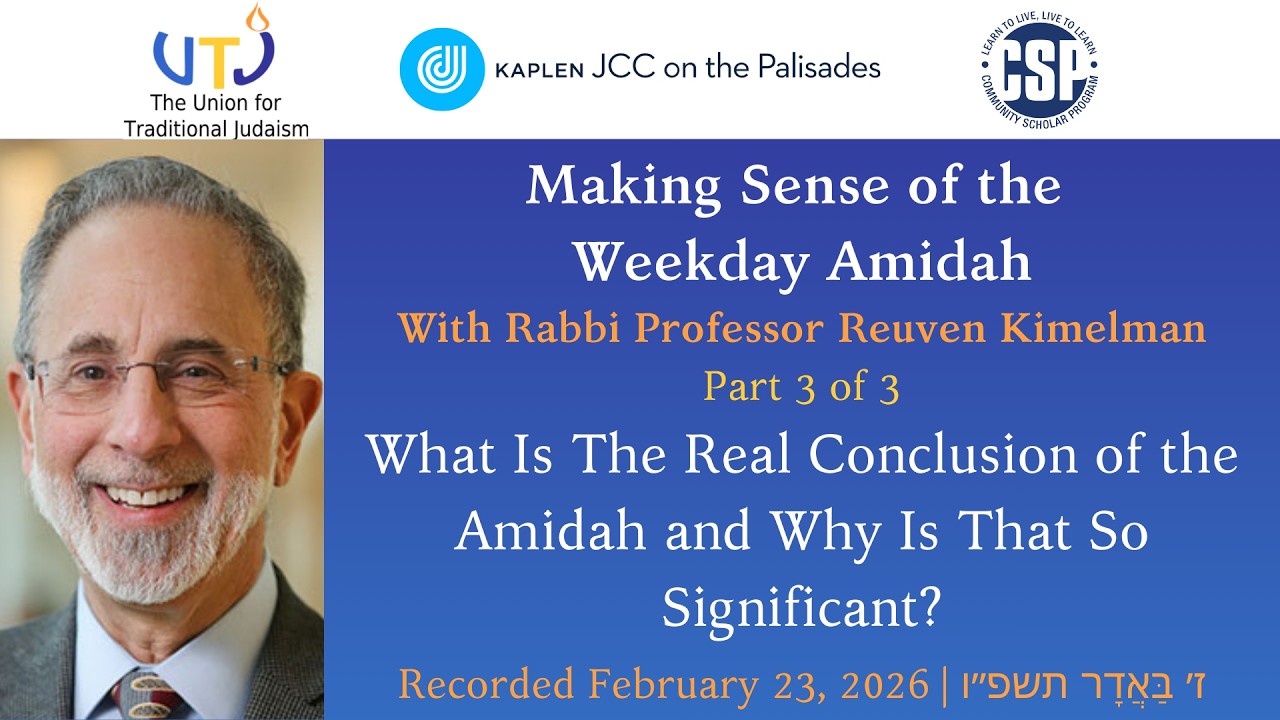 VIDEOS
VIDEOS
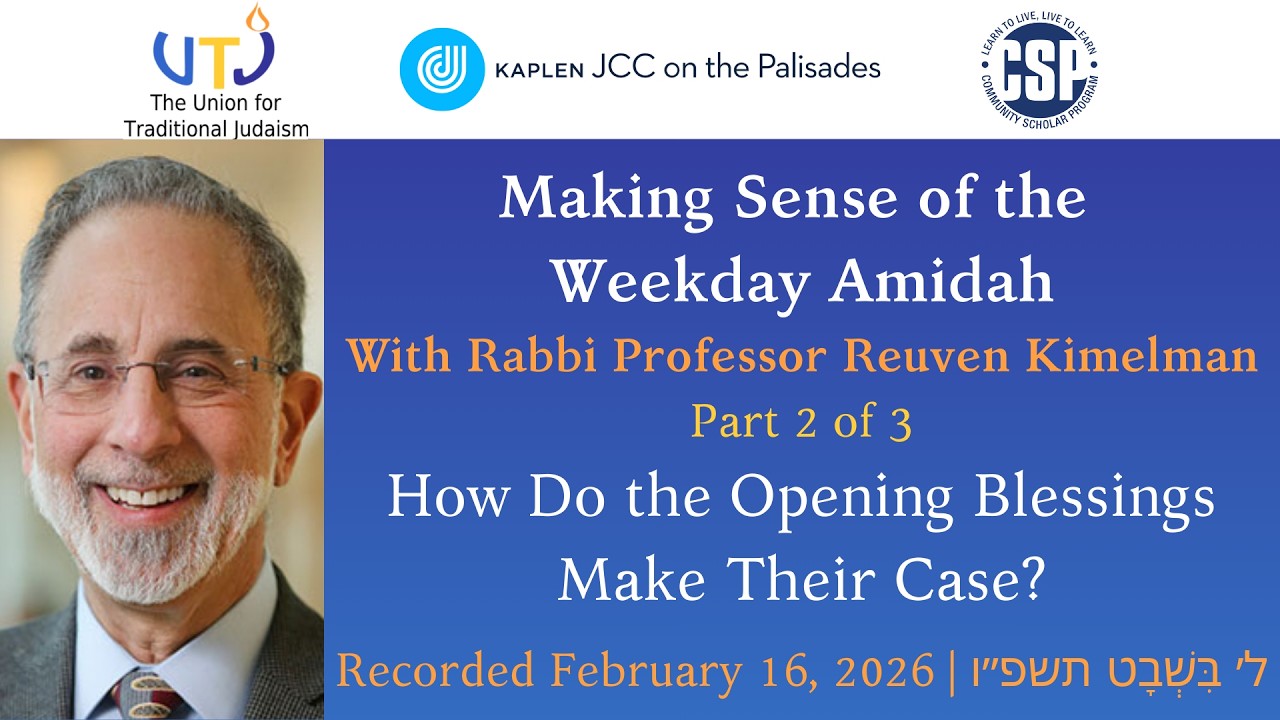 VIDEOS
VIDEOS
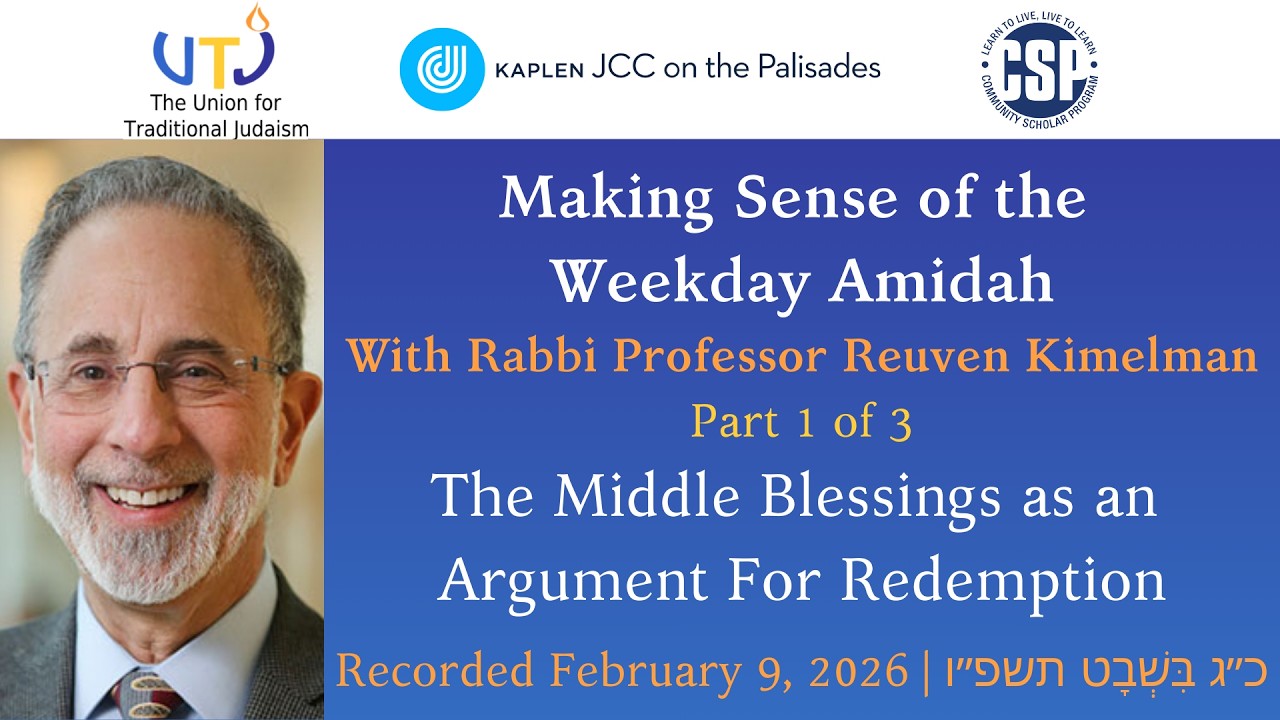 VIDEOS
VIDEOS
 DIVREI TORAH
DIVREI TORAH
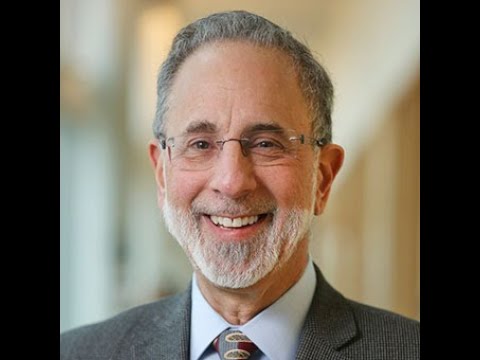 VIDEOS
VIDEOS
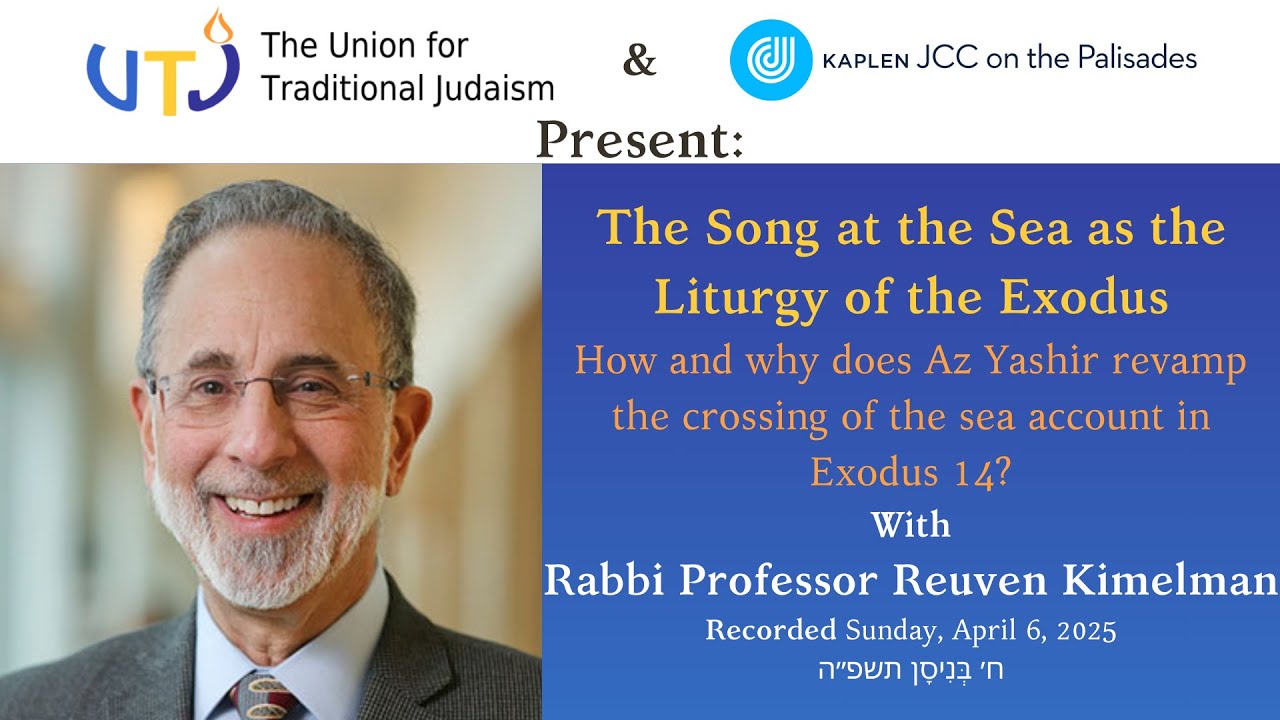 VIDEOS
VIDEOS
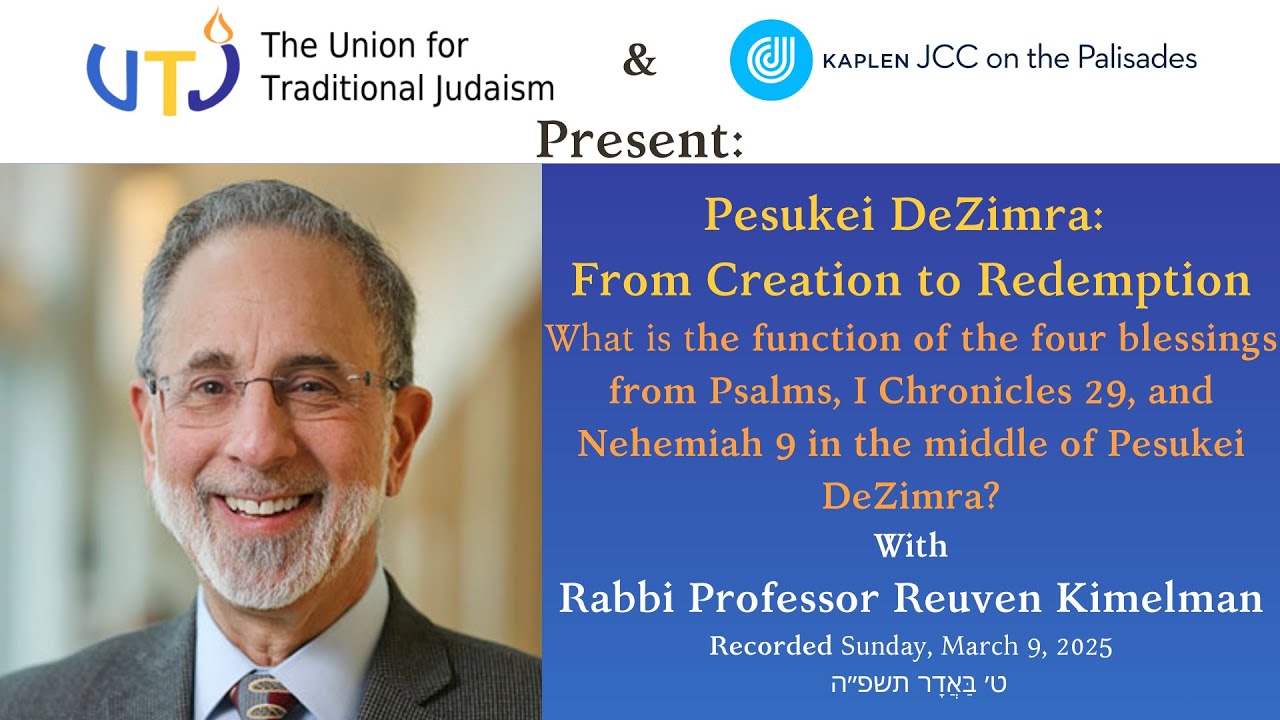 VIDEOS
VIDEOS
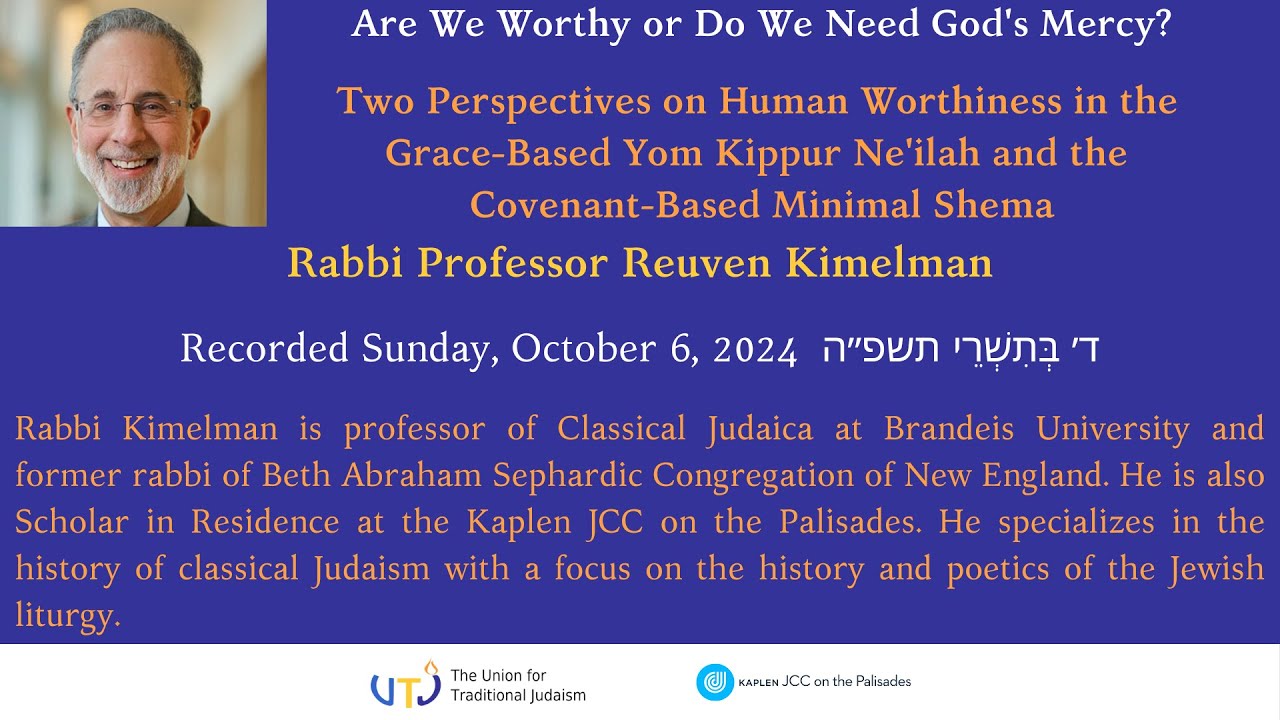 VIDEOS
VIDEOS
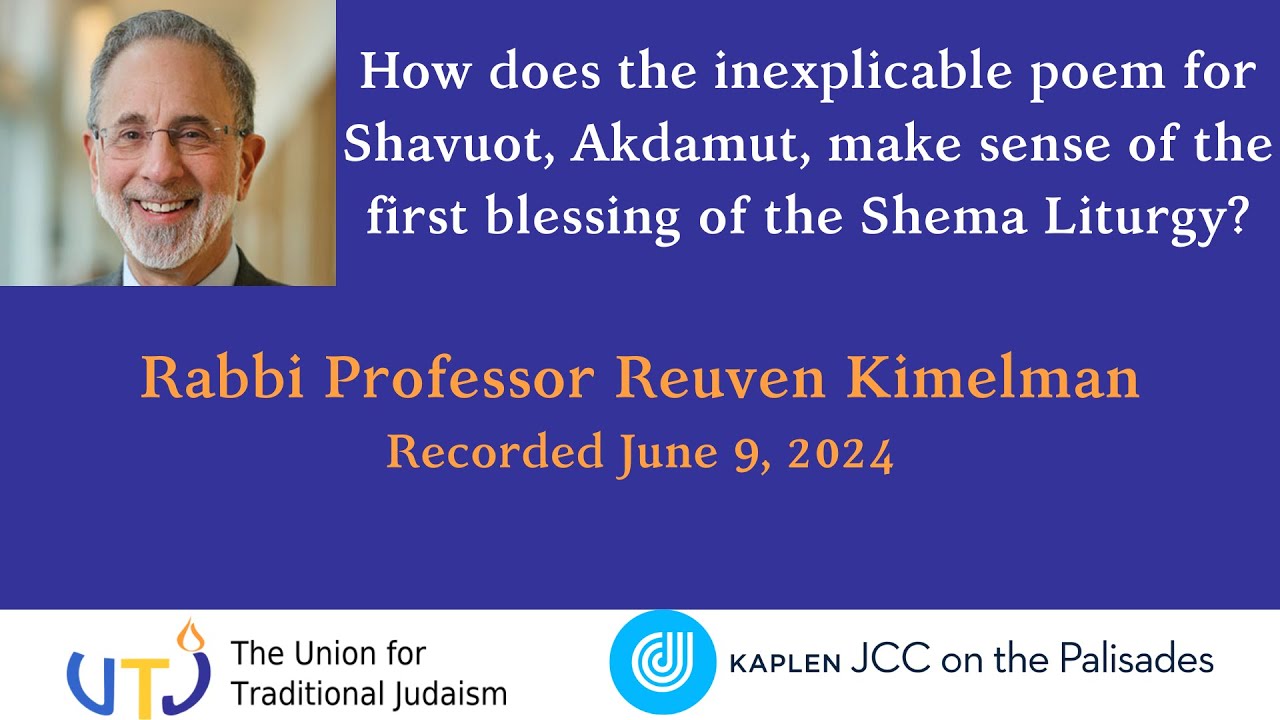 VIDEOS
VIDEOS
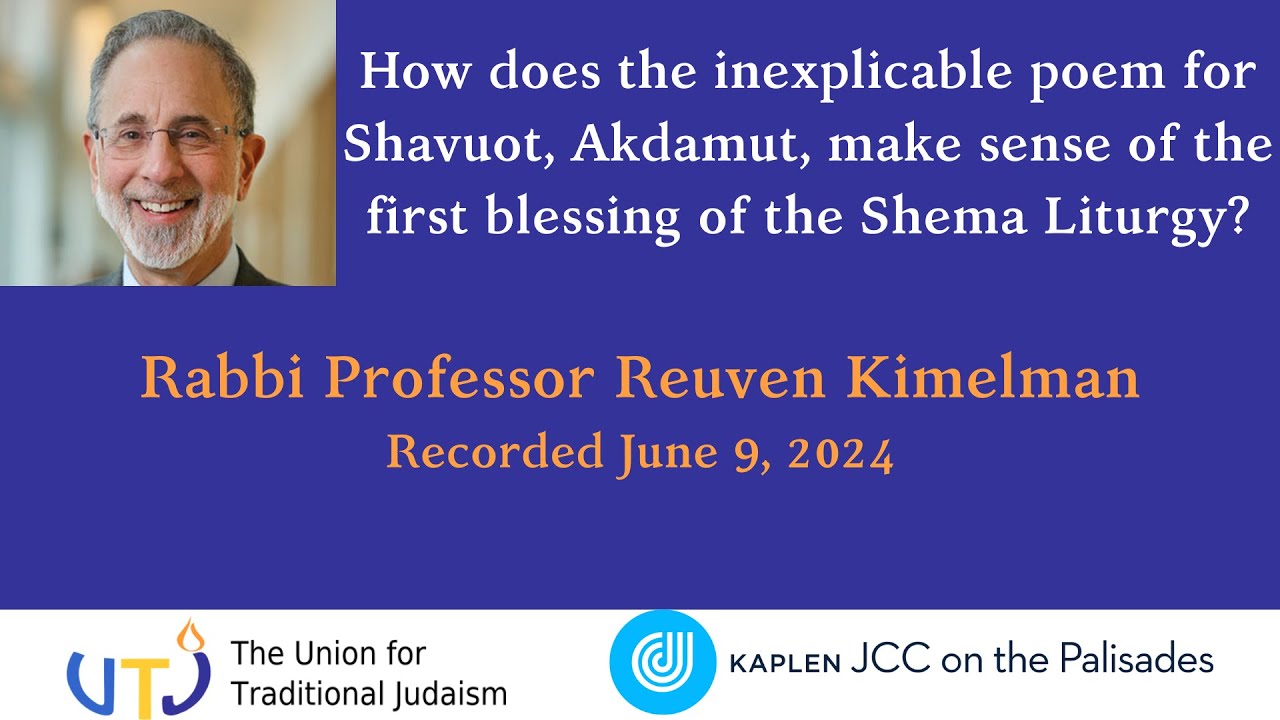 VIDEOS
VIDEOS
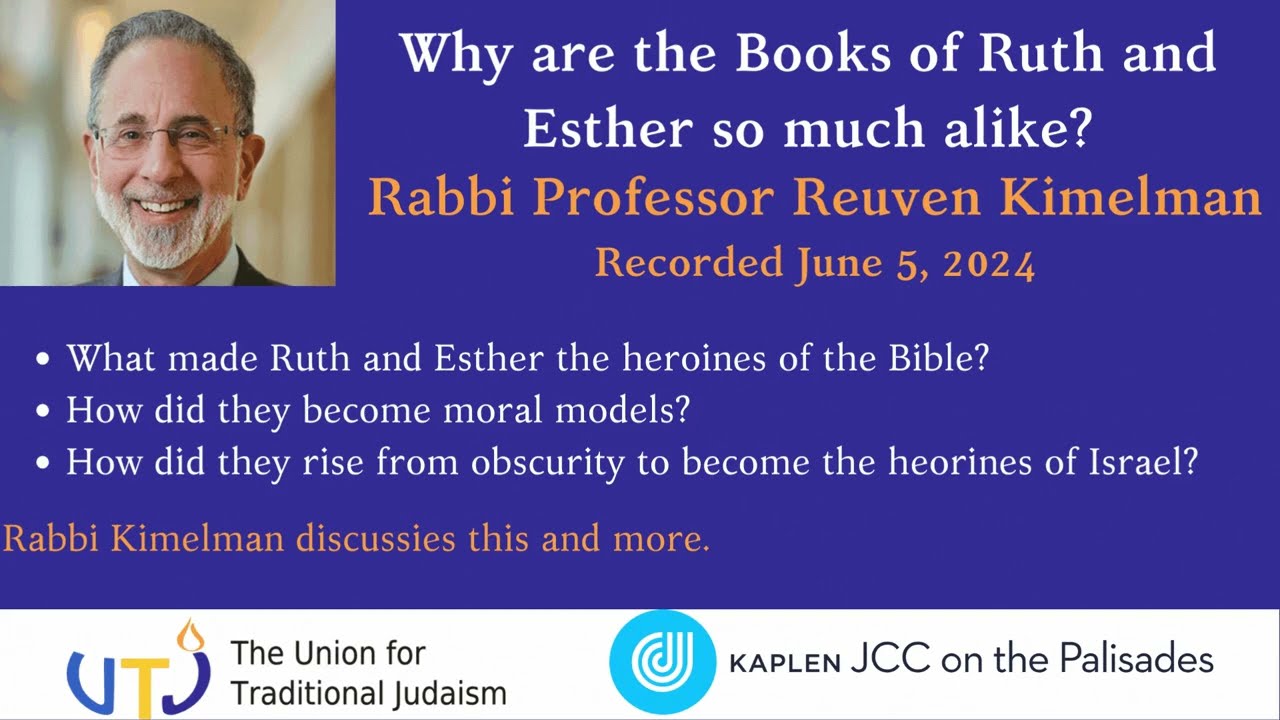 VIDEOS
VIDEOS
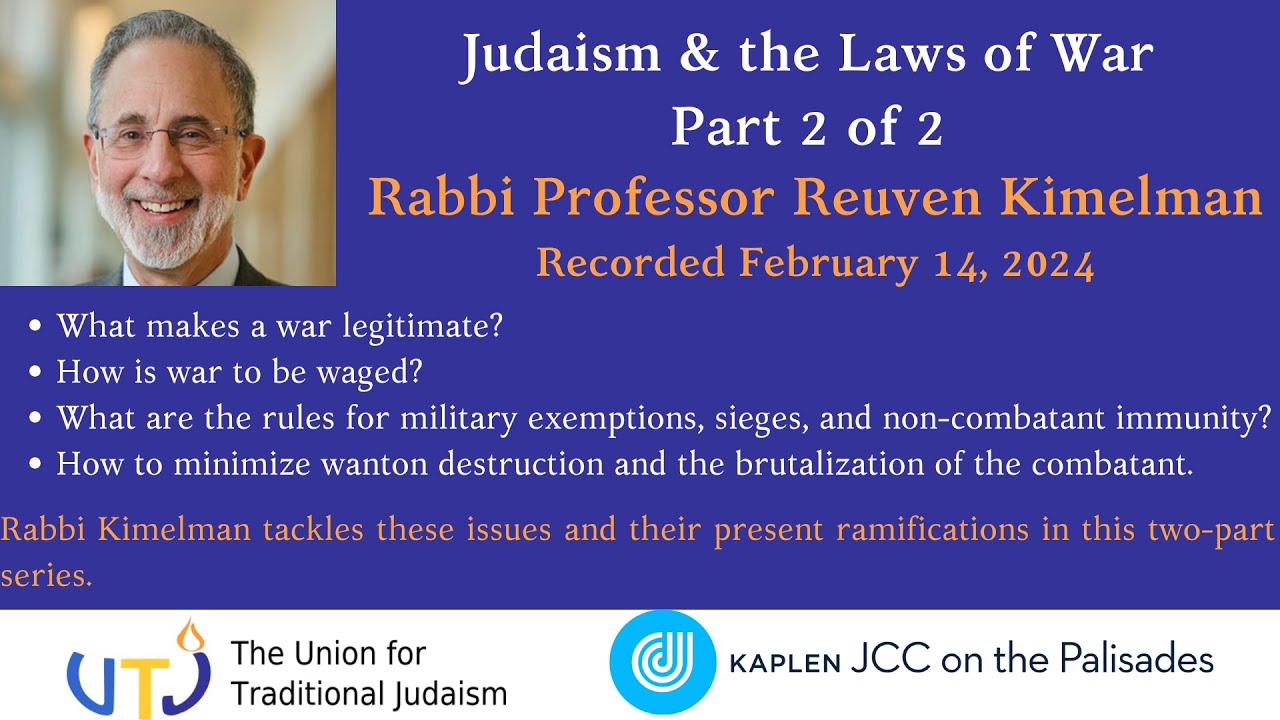 VIDEOS
VIDEOS
















